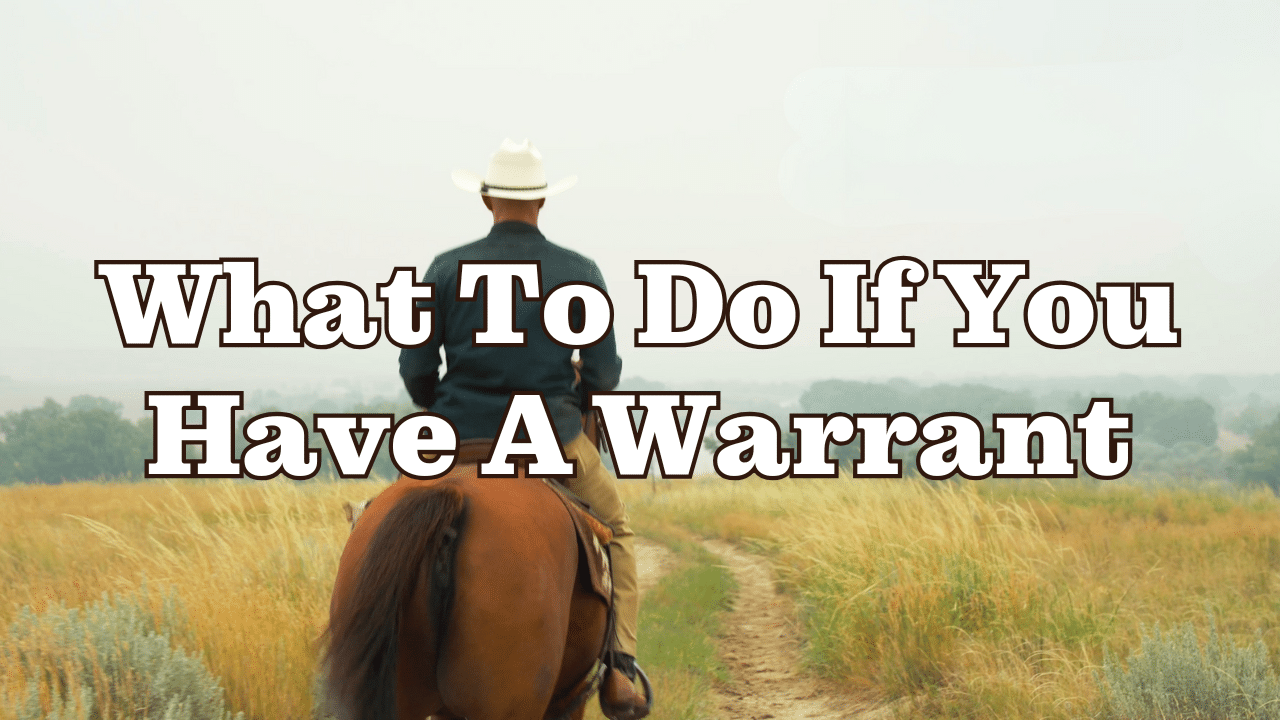
Have a warrant? First steps to protect yourself

DUI stop: when refusing field tests makes sense

Pretrial release in Wyoming—what to expect

Bail vs. lawyer: the smartest first move
More Frequently Asked Questions
1. I have a warrant—what should I do right now?
Call a defense attorney first. Do not go to the station alone. A lawyer can confirm the warrant, arrange a safe surrender, speak with the court, and prepare a plan for release conditions or bail.
2. Do I have to talk to the police if I’m not under arrest?
No. You can politely say, “I choose to remain silent and I’d like a lawyer.” Provide ID if requested by law, but you don’t have to answer questions without counsel.
3. Can talking to an officer still get me in trouble?
Yes. Casual comments can be quoted in reports and used as evidence. Many cases start with what someone said during a “quick chat.” It’s okay to be respectful and decline to answer.
4. Can I refuse roadside field sobriety tests?
Often, yes. Field sobriety tests are voluntary and subjective. Refusing FSTs is different from refusing an official chemical test. Ask a lawyer about your specific situation.
5. Is refusing field tests the same as refusing the breath or blood test?
No. Field tests (walk-and-turn, eye test) are voluntary. Chemical tests (breath/blood) fall under implied-consent rules and refusing those can trigger license or other penalties. Get legal advice fast.
6. What happens if I refuse the chemical test?
You may face administrative license consequences and evidence issues in court. A lawyer can challenge the stop, the advisements you received, and any warrant or testing procedure used.
7. What is “pretrial release” and who decides if I get it?
It’s how you’re allowed to remain out of custody while the case is pending. Judges consider flight risk, community ties, criminal history, and safety. Your attorney argues these factors on your behalf.
8. What conditions might come with pretrial release?
Common terms include no alcohol/drugs, testing, no-contact orders, check-ins, travel limits, ankle monitoring, or curfew. Violations can lead to arrest or stricter terms.
9. Should I post bail first or call a lawyer?
Call a lawyer first. Counsel may get conditions reduced, secure release without cash, or structure a better plan before you spend on bond fees.
10. Can a lawyer help lower my bail?
Often. Your attorney can request a bail review, present evidence of steady work, family obligations, treatment enrollment, or other factors that reduce risk in the judge’s eyes.
11. What’s the difference between cash bail and a bond?
Cash bail is money paid directly to the court and is typically refundable if you appear. A bond uses a bondsman and a fee (not refundable). Your lawyer can help compare total costs and risks.
12. What if I miss a court date?
The court may issue a warrant and revoke release. Contact your lawyer immediately—many failures-to-appear can be fixed quickly if addressed before arrest.
